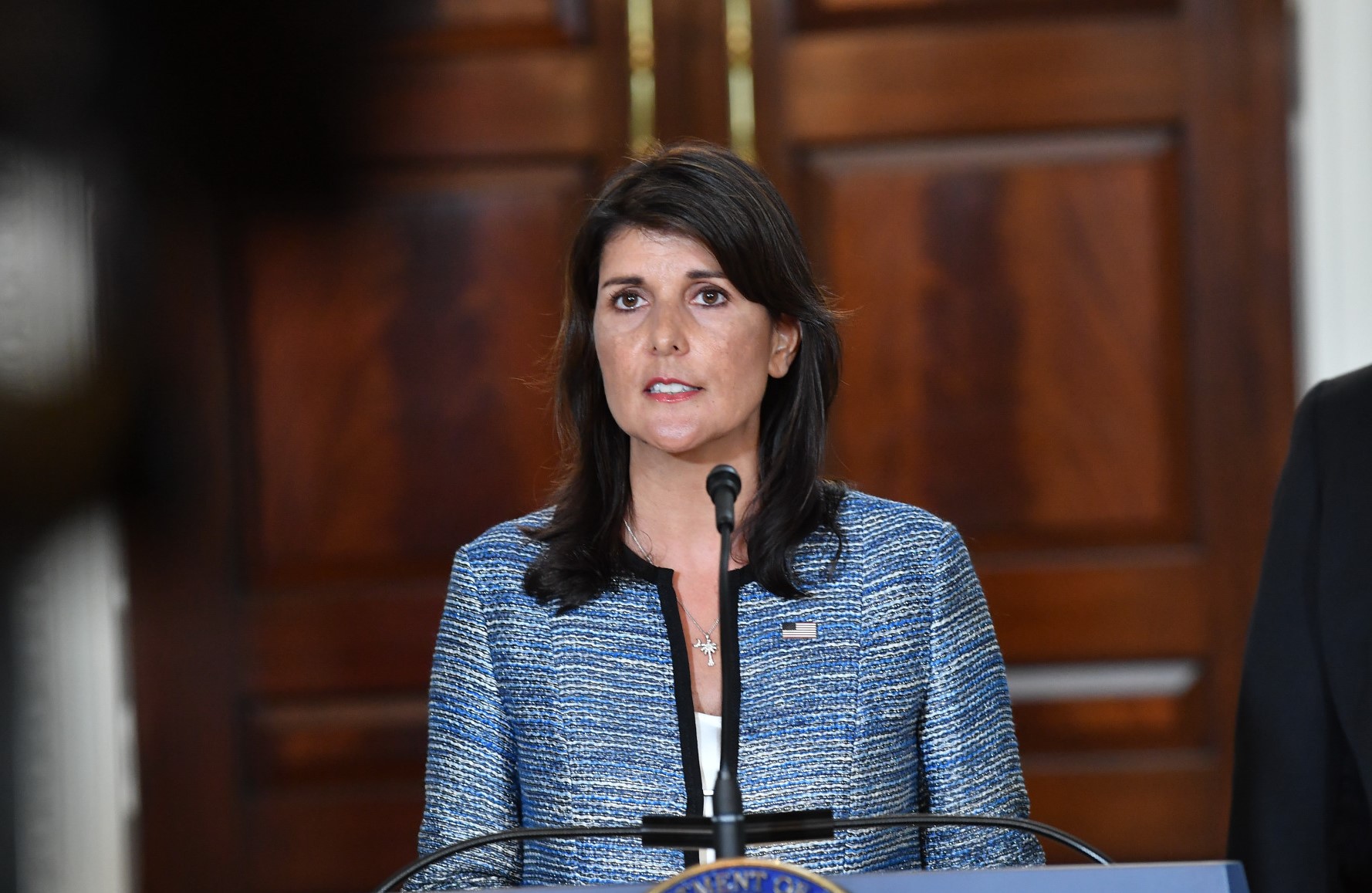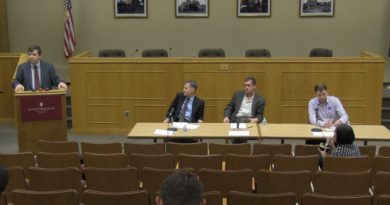GAO Reports Much Lack of Enforcement on E-Verify
The very least the government can do toward the enforcement of the immigration laws is to see to it that it is not, directly or indirectly, hiring illegal aliens and then paying them with government money.
The latest report from the Government Accountability Office (GAO) suggests that three departments of the government, notably the Department of Homeland Security, are doing a terrible job along these lines. These hires are much more likely to happen with government contractors than with government agencies, but they should not happen at all.
The government has a useful tool to prevent illegal hires. It is the E-Verify program. Employers can (and should) submit the names and Social Security numbers of new employees to the government. If a search of the database shows a non-match with a listing of legal workers then the employer is supposed to dismiss the worker. This works reasonably well, but can be gamed if the illegal alien uses both the name and the once-legal SSN that had been issued to his uncle, for example, who is no longer in the workforce.
Government contractors are supposed to use E-Verify for all the people they hire to work on a government contract; but most do not, as is noted on p.17 of the GAO report:
Specifically, of the approximately 74,000 fiscal year 2021 contract awards that appeared to be subject to the … E-Verify requirement and for which we might therefore expect the clause to be included, only about 15 percent were reported in FPDS as using the E-Verify clause.
FPDS stands for the federal procurement data system. Some agencies may include the clause, but do not report that they do, another source of worry. The report also shows that two agencies that are part of Homeland Security are not much better than the federal average: “Coast Guard and Federal Emergency Management Agency contracting officials reported use of the E-Verify clause in FPDS about 36 percent of the time.”
GAO contacted a number of contracting officers in the various departments; of the eight in the Department of Defense, six reported that they did not monitor contractor compliance, and two others said that the usual E-Verify clause was not in their contracts. In Health and Human Services, only one contracting officer out of eight did any monitoring.
While the verbiage of the report — like all GAO documents — is mild and bureaucratic, one of the figures is not; it shows what happened late in the Trump administration and early in the Biden administration, as the former took some steps to enforce the law, but the latter erased the earlier efforts.
The figure records the government’s work with two different E-Verify problems, the more frequent “non-use” of the program, and the less frequent “misuse” of the system, in which employers sought to compromise it.
Clearly the current administration is not very worried about the hiring of illegal aliens on government contracts.





